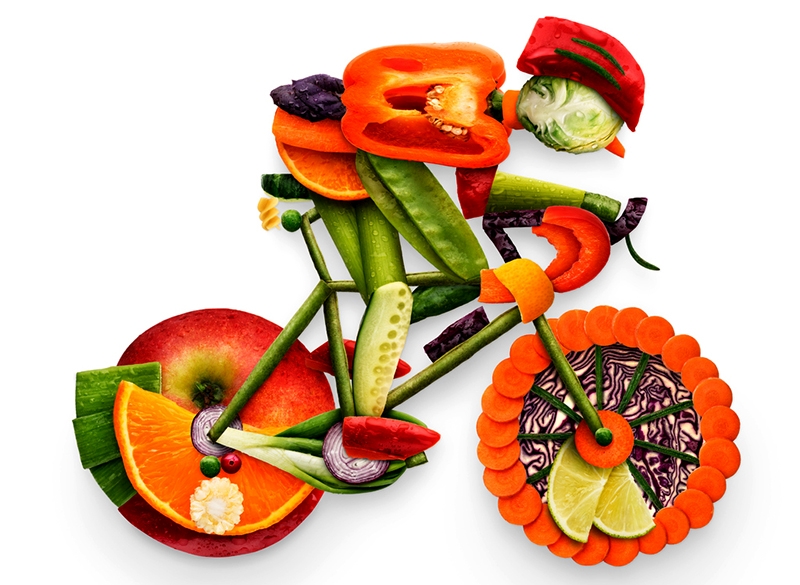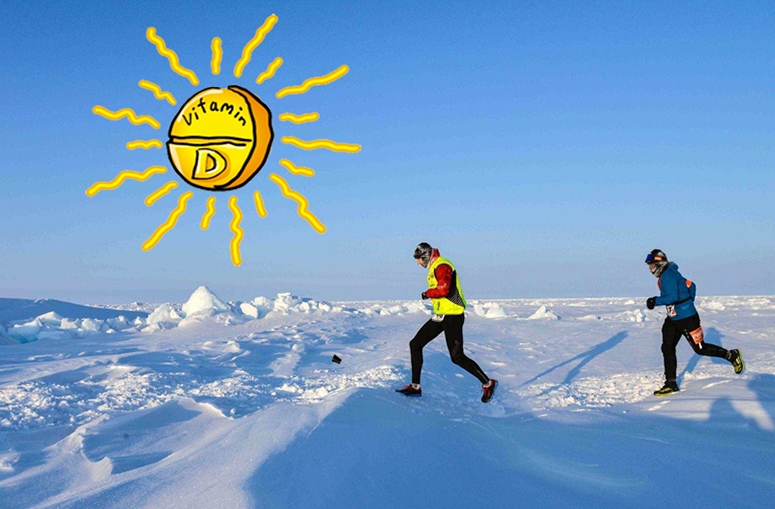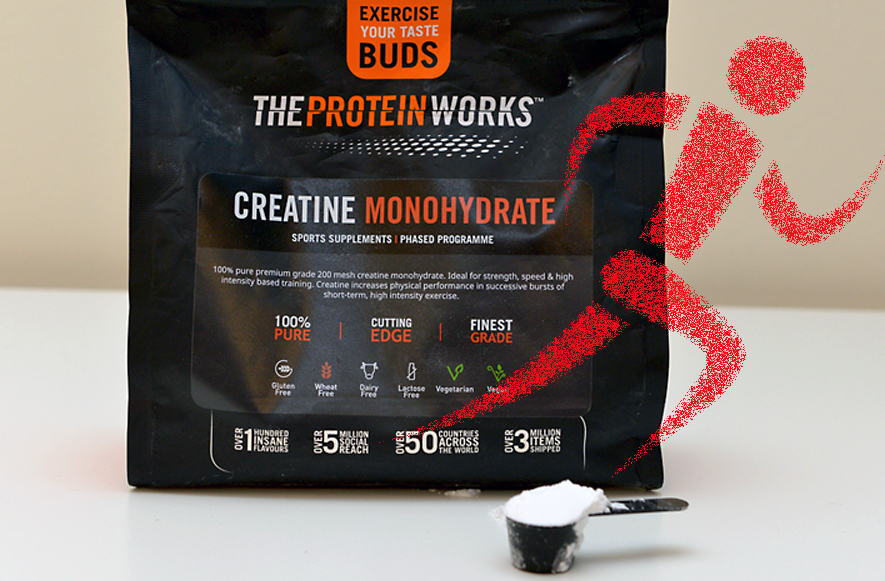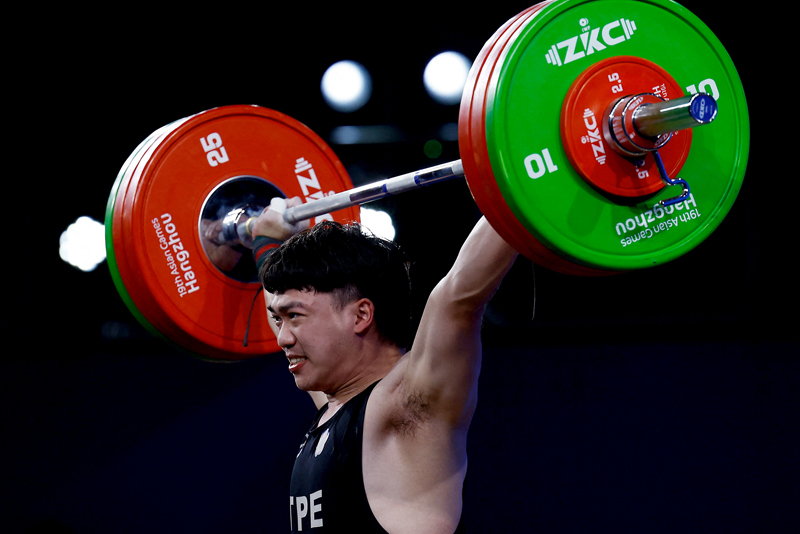You are viewing 1 of your 1 free articles. For unlimited access take a risk-free trial
Athletes and protein: how much helps keep the sniffles at bay?

Andrew Hamilton looks at research suggesting that the amount of protein you consume can affect your immunity
No matter how carefully you plan your training, recovery and nutrition, your fitness will still take a step backwards if you get poorly. So given we’re still in the midst of the coughs, colds and flu season, it’s your immunity – or lack of it - that’s most likely to scupper your late winter/early spring training programme and preparation for the forthcoming season.The link between nutrition, exercise and immunity is undeniable. For example, we know that regular moderate-intensity endurance exercise such as cycling and running improves immunity in the longer-term. Ironically however, harder or longer training sessions can temporarily depress your immune system, leaving you more vulnerable to illness and infection in the hours after exercise. High-quality nutrition on the other hand is known to maximise your immunity regardless.
Protein and immunity
Given the nutrition is vital for immunity, the obvious question is whether there are any proven nutritional strategies that could help boost your immunity this winter and minimise the risk of coughs, colds and flu? This is a topic that we’ve discussed in depth in previous Sports Performance Bulletin articles (see the links at the end of this article). However, a lesser known method of maximising immunity could be to make very simple changes to your diet by optimising your protein intake.In one comprehensive study on this topic, Scottish researchers looked to see whether a high-protein diet could boost the markers of immunity in a group of eight well-trained cyclists undergoing heavy training compared to a lower (and more normal) intake [Brain Behav Immun. 2014 Jul;39:211-219]. They also looked to see whether any uptick in markers of immunity was also reflected in a reduced incidence of upper respiratory tract infections (URTIs – ie coughs, colds, sore throats, flu, sinusitis etc).
To do this, the cyclists undertook two separate weeks of high-intensity training. In one of these periods, they consumed a high-protein diet containing 3 grams of protein per kilo of their bodyweight. In the other, they consumed exactly the same number of total calories per day but this time the protein intake was a more modest 1.5g per kilo of bodyweight per day (ie less protein, but topped up with more carbohydrate to ensure the same overall energy intake).
Before both of these high-intensity training weeks, the cyclist performed a week of normal training load so the scientists could see how the cyclists’ immune systems responded when going from normal to heavier training loads. In addition, to taking blood samples to measure the activity of important immune cells in the body, the researchers also asked the cyclists to fill in daily questionnaires about their health and whether they had suffered any URTI symptoms.
Keeping strong
The first finding was that when the cyclists were on the lower-protein diet, upping the training load produced a significant drop in the immune function. In particular, the activity of cells whose job it is to ‘survey’ the body for viruses and then help trigger an immune response were much less active during the high-intensity training week. When the cyclists were on the high-protein diet however, their immune function did not suffer in the high-intensity week and remained just as potent as when they were training at normal intensity. More tellingly perhaps, when the cyclists consumed a high-protein diet and trained hard, they reported significantly fewer URTI symptoms compared to training hard on the lower-protein diet!Implications for athletes
What’s interesting about this research is that until recently, the consensus on protein intake recommendations for endurance athletes such as cyclists, runners and triathletes is that just 1.0-1.5 grams per kilo of bodyweight per day is all that is required, even for elite athletes. Yet this study suggests that while 1.5g per day might be okay in terms of performance, it might not be nearly enough to keep the immune system in tip-top condition, especially during harder periods of training. As always, more studies are needed but in the meantime, the message seems to be ‘don’t skimp on the protein if you want to keep the bugs at bay this winter’!Newsletter Sign Up
Testimonials
Dr. Alexandra Fandetti-Robin, Back & Body Chiropractic
Elspeth Cowell MSCh DpodM SRCh HCPC reg
William Hunter, Nuffield Health
Newsletter Sign Up
Coaches Testimonials
Dr. Alexandra Fandetti-Robin, Back & Body Chiropractic
Elspeth Cowell MSCh DpodM SRCh HCPC reg
William Hunter, Nuffield Health
Keep up with latest sports science research and apply it to maximize performance
Today you have the chance to join a group of athletes, and sports coaches/trainers who all have something special in common...
They use the latest research to improve performance for themselves and their clients - both athletes and sports teams - with help from global specialists in the fields of sports science, sports medicine and sports psychology.
They do this by reading Sports Performance Bulletin, an easy-to-digest but serious-minded journal dedicated to high performance sports. SPB offers a wealth of information and insight into the latest research, in an easily-accessible and understood format, along with a wealth of practical recommendations.
*includes 3 coaching manuals
Get Inspired
All the latest techniques and approaches
Sports Performance Bulletin helps dedicated endurance athletes improve their performance. Sense-checking the latest sports science research, and sourcing evidence and case studies to support findings, Sports Performance Bulletin turns proven insights into easily digestible practical advice. Supporting athletes, coaches and professionals who wish to ensure their guidance and programmes are kept right up to date and based on credible science.













